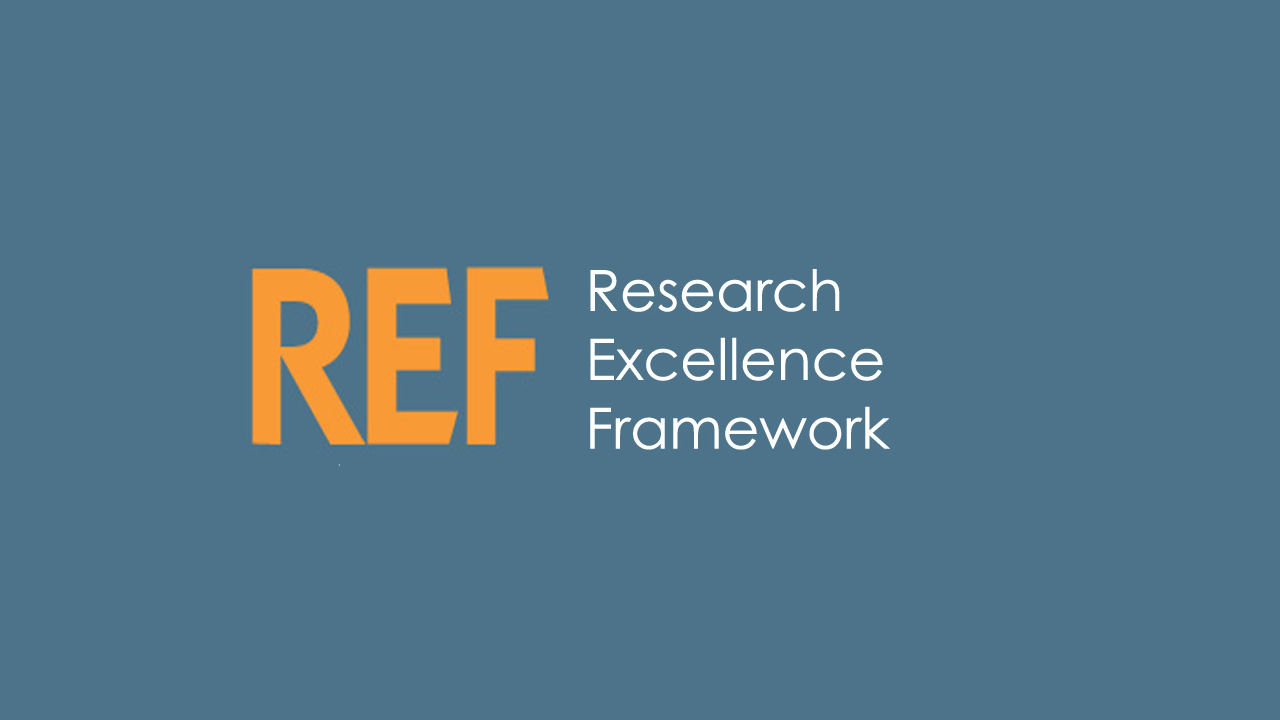Greater volumes of data are generated than ever before with expanding technologies that create large amounts of data. Increasingly, funders mandate data management and security practices and with increased scrutiny and concern over the “reproducibility crisis” in research, the need for improved data management is evident. Data management at academic institutions is often decentralized and managed by individual units, laboratories, or researchers. This results in:
- Increased vulnerability to security breaches
- Lost or misplaced data
- Decreased productivity due to disorganized data
- Absence of oversight and auditing capabilities
To improve the security, organization, and shareability of data, the Indiana University School of Medicine (IUSM) implemented an institution-wide electronic lab notebook (ELN). A recent publication outlined the details of the implementation at IUSM.
In many ways, ELNs offer solutions to many of the research data management concerns identified above. ELNs can offer better organization and easier retrieval and sharing of data. Many can store and back up data. Some ELNs offer added security and audit measures such as authentication, signatures, timestamps, and revision histories. IUSM chose LabArchives ELN for implementation. This decision was based on an assessment of six other universities that had implemented the same ELN.
The initiative was led by the Ruth Lilly Medical Library at IUSM. They first tested a pilot study with fifteen labs in 2018 and then expanded to all labs within the medical school in 2019. IUSM is the largest medical school in the United States and houses research laboratories across nine campuses. The library was the logical choice for leading this initiative because of its presence on all IUSM campuses and existing data services programs and a dedicated data librarian.
The library provided support in this transition through training and hands-on demos that covered strategies for adopting and using the ELN, one-on-one support, and the generation of best practices guidelines and notebook templates to make adopting the ELN as easy as possible for research labs. Through this process, the library became even more integrated with the research at IUSM.
The initial pilot study, from September 2018 until March 2019, was successful with most laboratories agreeing that the LabArchives ELN improved their efficiency. The pilot study, like the subsequent institution-wide evaluation, was evaluated by user survey that sought to determine how the ELN was used and the outcomes of that use. In both the pilot and the 2019 institution-wide launch, researchers indicated that they utilized templates for consistently documenting experiments, shared protocols within the ELN, established consistent naming conventions, and used widgets for routine entries and calculations.
Since 2019, IUSM has added users every month. LabArchives typically tailors its onboarding process to fit the needs of each client or institution but has demonstrated experience ramping up users from just a few individual labs to several thousand users over the course of 6 months. This did require a significant time commitment from the data services librarian, and IUSM added an extra position to support all library-led research initiatives including the ELN. Additionally, IUSM established an Information Management Advisory Board (IMAB), with participants spanning faculty, administrative, IT, and library sectors, to guide the implementation and long-term support of the ELN. This cross-disciplinary board continues to inform lab optimization priorities, identify mutual interests among stakeholders, and promote best practices and good information sharing. IUSM credits IMAB with the success and feasibility of long-term ELN implementation.
Read more about the implementation process at IUSM.















